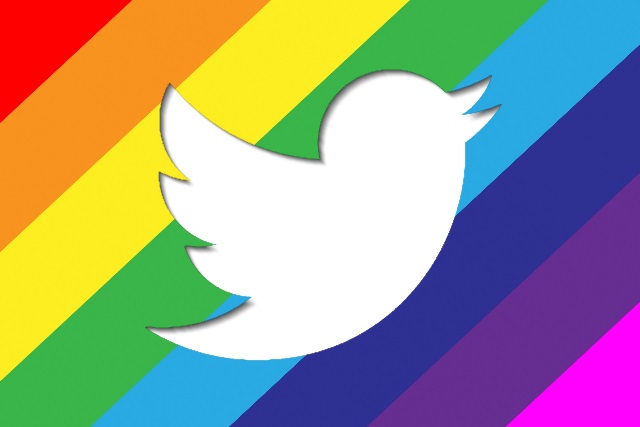Twitter blames a failure to take context into account for its block on LGBTQ searches

Over the weekend, users noticed that a number of search terms -- such as bisexual -- appeared to be blocked on Twitter. Having said "we've identified an error with search results for certain terms. We apologize for this. We’re working quickly to resolve & will update soon," Twitter has finally explained what happened.
Perhaps predictably there's -- assuming you believe Twitter -- nothing sinister going on. Instead, the company's latest policy changes, which took extra measures to block sexual content, meant that its automated systems were being rather heavy-handed in censoring certain content, completely failing to take context into consideration.
See also:
- EFF: Twitter users have a First Amendment right not to be blocked by President Trump
- Twitter pledges to fix 'error' that hides bisexual search results
Twitter says that its new policy means that it is on the look out for sensitive material more than ever now. One part of the content filtering process it has in place is a simple list of words, and entries on this list should be used as a signal that content may potentially be sensitive. The problem that reared its head over the weekend came about because the filtering was taking a single signal -- keywords that often appear alongside adult content, for instance -- and using this as the sole determining factor in whether it should be displayed or not.
Having identified the problem, Twitter is working to roll out a fix, as it explains in a series of tweets:
https://twitter.com/TwitterSupport/status/927758326397407233
https://twitter.com/TwitterSupport/status/927758474049609729
https://twitter.com/TwitterSupport/status/927758601669586944
